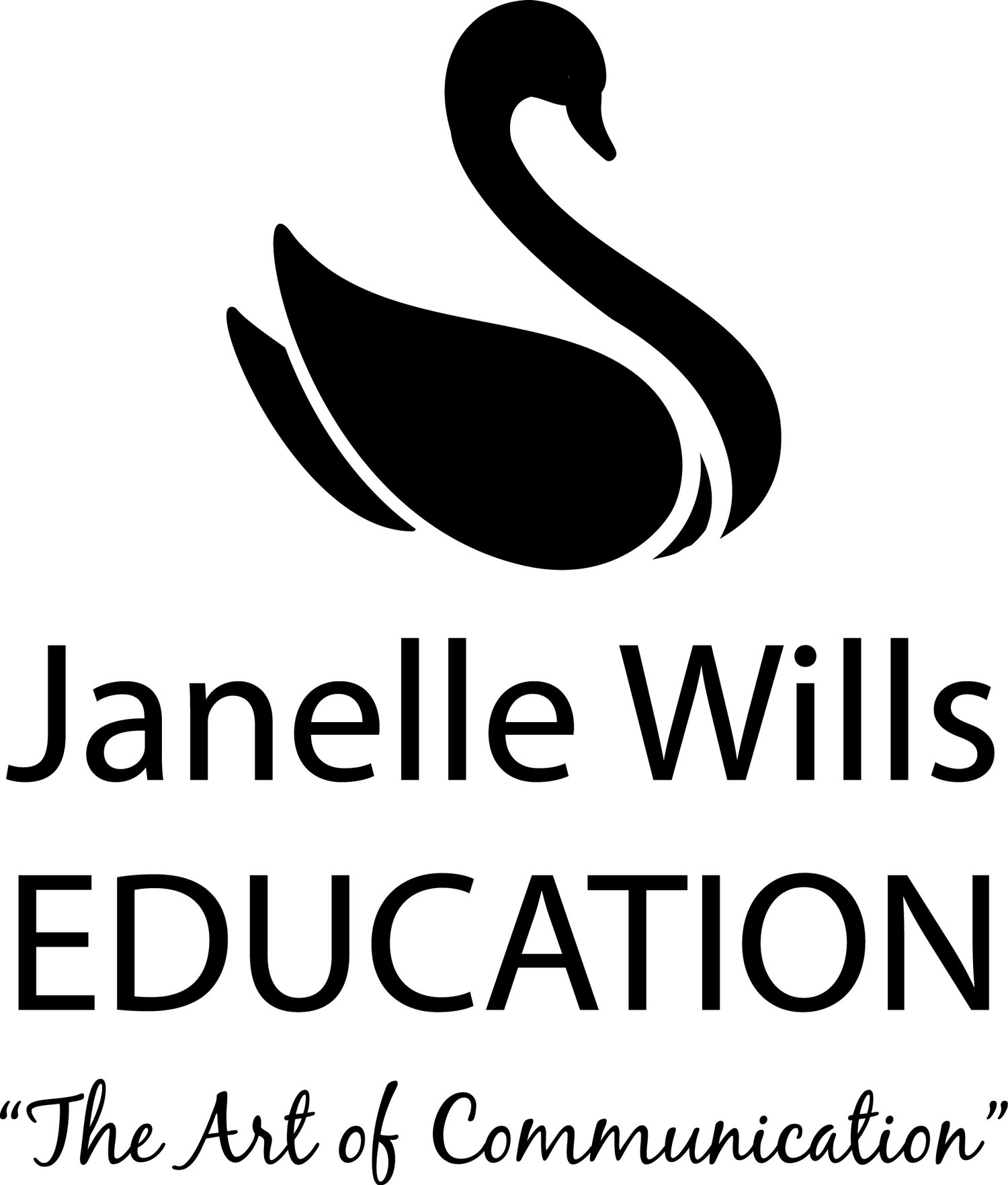
Professional learning with a difference
Critical and Creative Thinking
As students navigate the complexities and challenges of a rapidly changing world, it is vital to ensure they are able to adapt, interact, persevere, act ethically and – most importantly – think. However, thinking and relational skills are not innate skills. They must be explicitly taught.
Based on the book, Thinking Protocols for Learning, these workshops bring together easy-to-use, research-based strategies for teaching thinking skills, designing group activities, and promoting a collaborative classroom environment. Begin using these ideas and watch students flourish as they learn to question, explore multiple answers, and consider multiple perspectives.
Understand the development and applications of metacognition.
Learn how to teach various thinking skills, including critical, creative, and ethical thinking.
Facilitate strong group dialogue among students.
Explore problem solving and problem posing in order to encourage thinking-skill usage among students.
Embed practical strategies for teaching critical thinking skills into everyday classwork
Strategies to Maximise Impact
Support your staff to embed high-impact approaches and techniques shown to significantly enhance student learning and achievement. These strategies are supported by research and are considered effective in a wide range of educational contexts.
Help students build knowledge and skills, deepen and practise that knowledge and transfer and apply their understanding.
Topics addressed include:
Clear learning intentions
Motivation
Metacognition
Previewing
Questioning and managing response rates
Recording and representing knowledge
Checking for understanding
Cooperative learning
Self-regulation and self-efficacy
Assessment and feedback
Strategies for deepening and practising new knowledge
Engaging with cognitively complex tasks
Formative Assessment
This dynamic and informative workshop is designed to empower educators with the knowledge and practical tools to revolutionise their teaching practices using formative assessment techniques.
Focus areas:
Understanding formative assessment
Practical formative assessment strategies -a comprehensive toolkit of formative assessment strategies to integrate seamlessly into teaching practices.
Feedback and goal setting
Data-informed instruction
Building a formative assessment culture:
Create a classroom culture that values mistakes as learning opportunities.
Foster a growth mindset by emphasising effort, persistence, and improvement.
Encourage collaboration and peer learning through formative assessment activities.
Student Engagement
Engage students deeply in the joy of learning. Create a lively, dynamic classroom in which students are motivated to learn and have the drive to keep exploring until they succeed. Explore the four questions behind student engagement and shows how to set the stage for positive answers to each of them:
1. How do I feel?
2. Am I interested?
3. Is this important?
4. Can I do this?
Learn how to lay a positive foundation that predisposes students to learn. Take away practical, research-based strategies to spark student interest and make learning personally relevant. Discover how to build the confidence that gives students ownership of their learning.
Gain sound instructional strategies for engaging students
Distinguish between short-term attention and deep engagement
Connect classroom goals to students’ personal goals
Build your capacity to increase student achievement
Nurture students’ sense of self-efficacy
Gifted Education
Don’t Forget About Us: Meeting the Needs of High Potential Students
In optimal learning environments all students are challenged and engaged to achieve through a commitment to high expectations and effective, evidence-based teaching practices. But often our focus is placed on supporting the needs of our low achieving students while potentially overlooking our gifted students – they’ll make it anyway! This session focuses attention on supporting the talent development of high potential and gifted students within the classroom using the principles of differentiation and incorporating practical, evidence-based approaches.
Participants will consider the what, why and how of meeting the needs of high potential students: WHAT - what differentiation is and is not
WHY - the characteristics of high potential learners and their learning needs
HOW -
utilising pre-assessment data to determine readiness levels as a basis for differentiation
high impact strategies that benefit all learners
practical strategies for catering specifically to the needs of high potential learners within the classroom
Creating a Learning-ready Curriculum
How often do we as educators lament the challenges of an overcrowded curriculum? We resonate with phrases like, “There’s simply too much,” or “I can’t possibly cover it all.” Some of us even resort to turbo-teaching- teach, assess, move on, teach, assess, move on- leaving little room for dialogue or interactive activities. The saddest refrain? “I don’t have time; we just have to get through it.”
Rather than merely covering content we need to prioritise the most important content so that we have time to make meaningful connections to improve retention and mastery. Most importantly, to provide our students with the foundations to apply these concepts in new and complex situations.
These workshops sessions are designed to support teacher teams to work together to create a curriculum that is ready for learning, ready for teachers to teach it and for students to learn it.
In these sessions, we will consider the 4 essentials for creating a learning-ready curriculum:
1. prioritisation of the content for learning.
2. identification of the skills, knowledge, and dispositions for the prioritised content.
3. establishment of the most essential prerequisite knowledge.
4. creation of ways to share the learning pathway with students.

